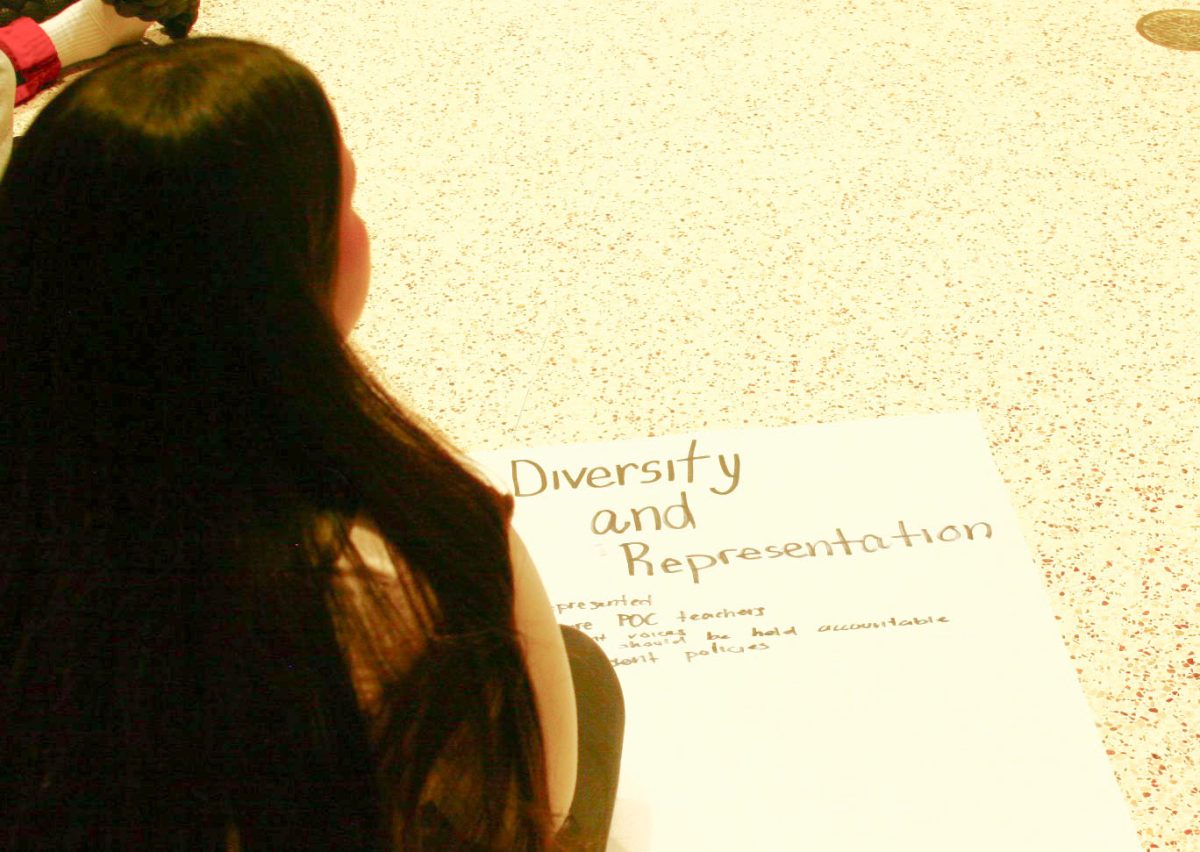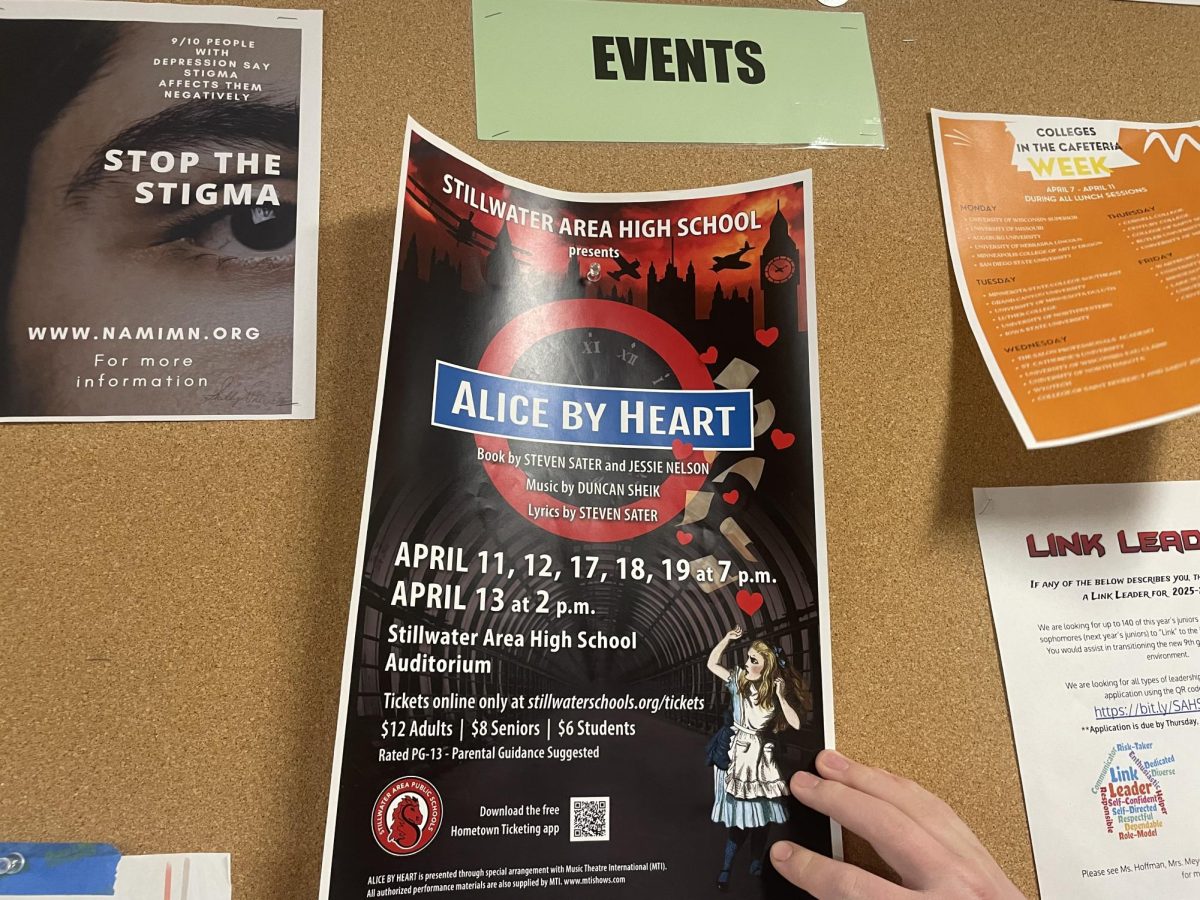The expression of femininity has been especially rampant over the last six months, ever since certain pieces of media such as the “Barbie” movie and Taylor Swift’s Eras Tour had such a large cultural impact. The outcome of this spread all over social media, creating trends and movements that connected women all over the world around the basis of being a woman. The positivity around femininity or “girlhood” in other words, is spreading the feminist movement and taking another step towards creating a more equitable world.
Many criticize this movement for how “out of control” they believe it is. When they see women crying and screaming for their favorite artist, they do not take it seriously, but when seeing men do the same at their favorite sports games, no one bats an eye. Words used to describe women are usually “crazy” or “obsessed” while men would be called “passionate” or “supportive.” It is a good example of why this movement is so impactful in the first place.
The excitement around being feminine or in other words a “girly girl” has never been as praised as it has today. In previous years, it has been seen as inferior or weak in comparison to the masculine persona.
Senior Esmeralda Palma-Andrade experienced this throughout middle school, being affected by social pressures to fit in and look a certain way, and connected with others later on who had to undergo similar experiences.
This comes with many side effects for those who have to go through it. Many girls lose their identity, or feel lost when they are not being taken seriously because of their gender. Others resort to stereotypes of being the “dumb blonde” or a “bimbo,” negative connotations when trying to be authentically feminine. Many others opt out to become more of a tomboy, trying to emulate so-called male characteristics to feel more of a sense of respect. Being any of these are completely reasonable characteristics, but when it is inauthentic or forced, it can create chaos in a person’s life. This usually develops during tween or teen years, which is too much to put on a growing mind.
English teacher Pam Norton expressed her concern for how “girlhood is being pushed into adulthood more and more” and how it has negatively affected women.
Throughout history, women have been picked apart and demonized for anything they do. Women, especially younger women are not taken seriously for what they say or like. It feels as though whatever is associated with them is less important than what a man is associated with. Feminism has been combatting this challenge for years, but the challenge is never overcome.
Last summer a lot changed. So many pieces of media came out, all simultaneously that appealed to this underrepresented demographic of women. Some of those media were “The Summer I turned Pretty,” “Barbie,” Taylor Swift’s Eras Tour, the Beyonce Tour and a lot of girl trends like hot girl walks, girl math and girl dinner. It was like going back to the blissfulness of women’s childhoods, when they lived without constant criticism.
“It’s really nice to be able to dress up and be whimsical without feeling like people are judging me,” said Hannah Burns, who earned her bachelor’s degree in Women Studies.
Women felt that they could freely express themselves through their clothing styles and social media presences. The power news stations and the media have benefited this movement as well, portraying the take on femininity as something new and exciting. The increased economy was also evidence of the untapped market of women who were finally getting recognized. Overall, it brought a lot of joy to the female population.
The new influence from pop culture started to make women question why they have not had this freedom their whole lives. All of the women who have been affected by the chains of societal pressures felt freed, and wanted that freedom to be applied to more areas of their life. Many women growing up have had universally negative experiences that could be changed for the better.
“There are a lot of different experiences that women go through on the journey from girlhood to womanhood,” Burns said. “I think just feeling empowered in who you are and what your preferences are is just the best way to go.”
This movement did not just represent the more feminine identifying women, but all women in general. It humanized women and showed all aspects of being a multidimensional and imperfect person. The connections women made together over all of the changes last summer also brought them together, realizing what might have been wrong in the past, and how it could be fixed. It has become a movement, whether some realize it or not.
The expression of femininity is something that women should find beauty and strength in, not have shame about. The definition of feminism is being able to be whoever one wants to be, without any stigma around it, and that is exactly what this summer accomplished. The hope for the future is that this celebration of girlhood will carry over even when the media popularity has died down, changing the way society views women.














